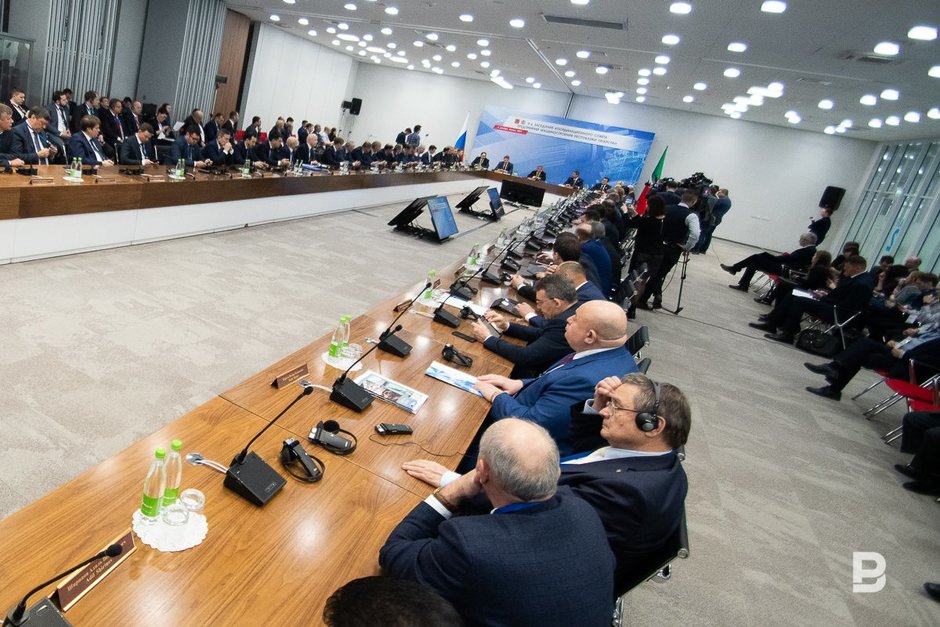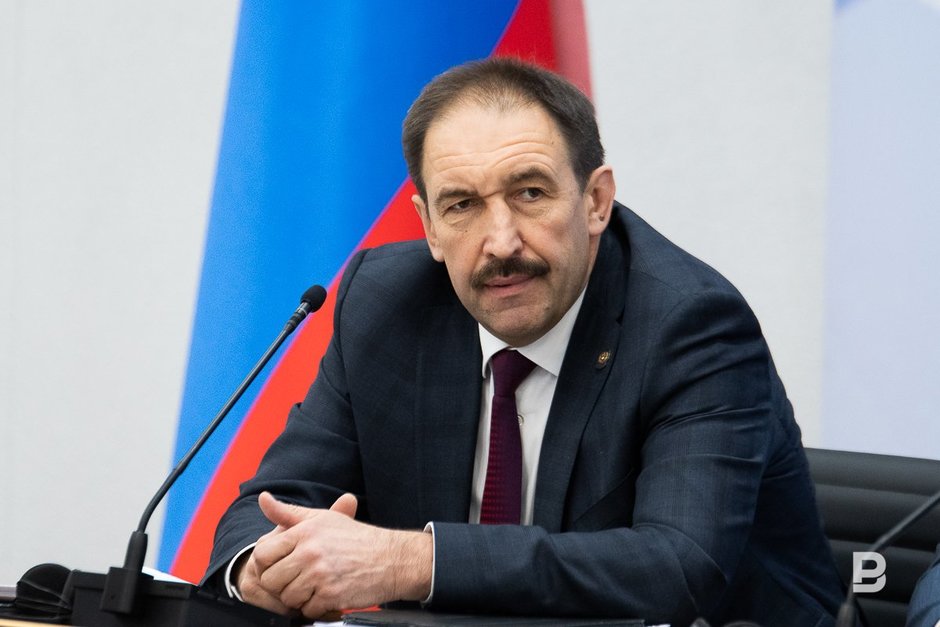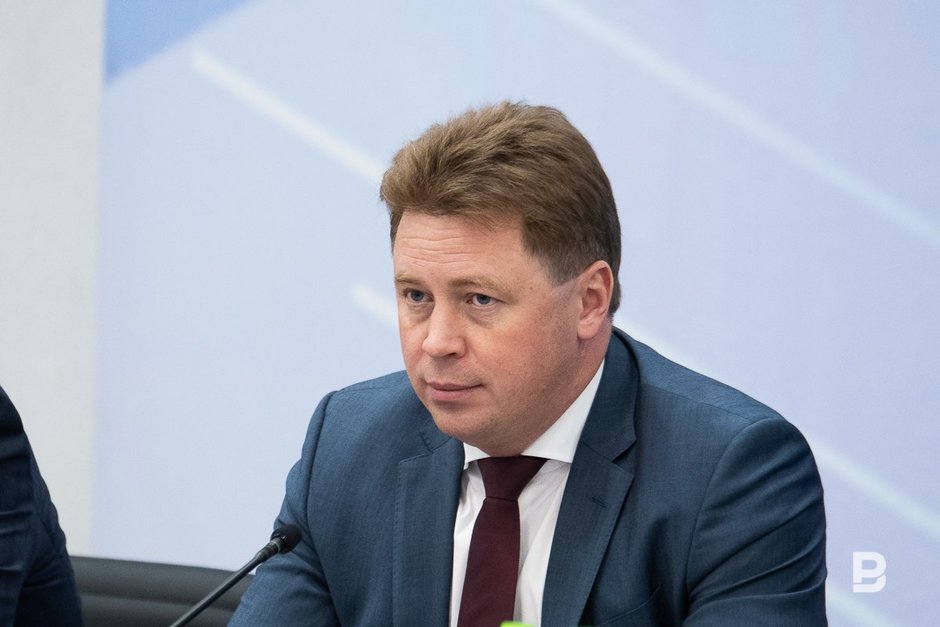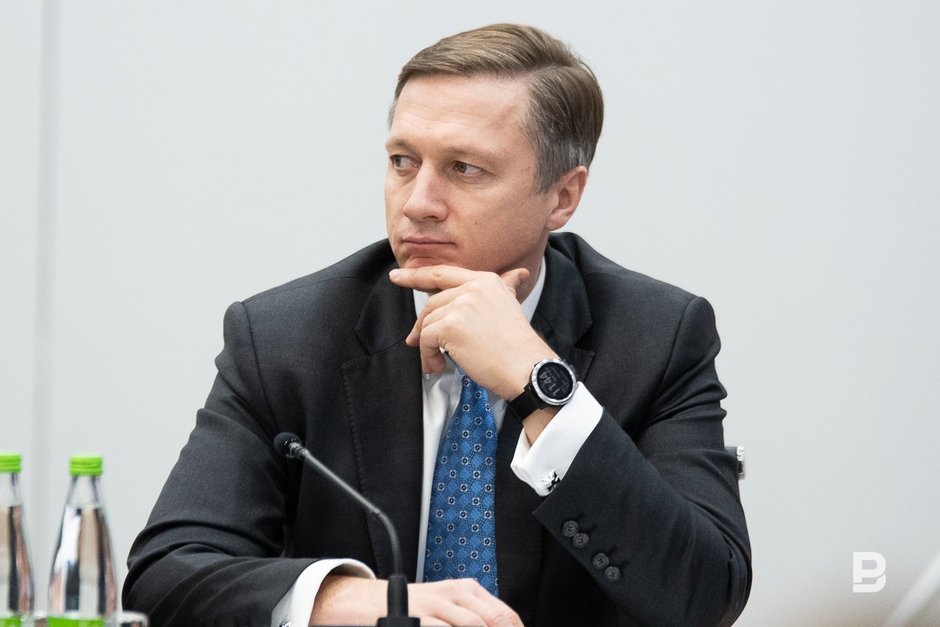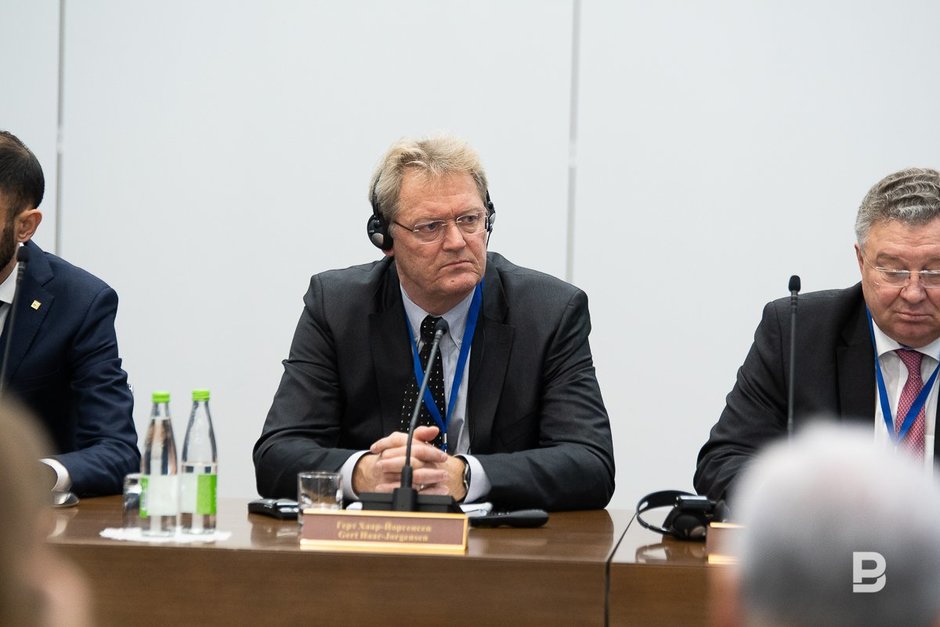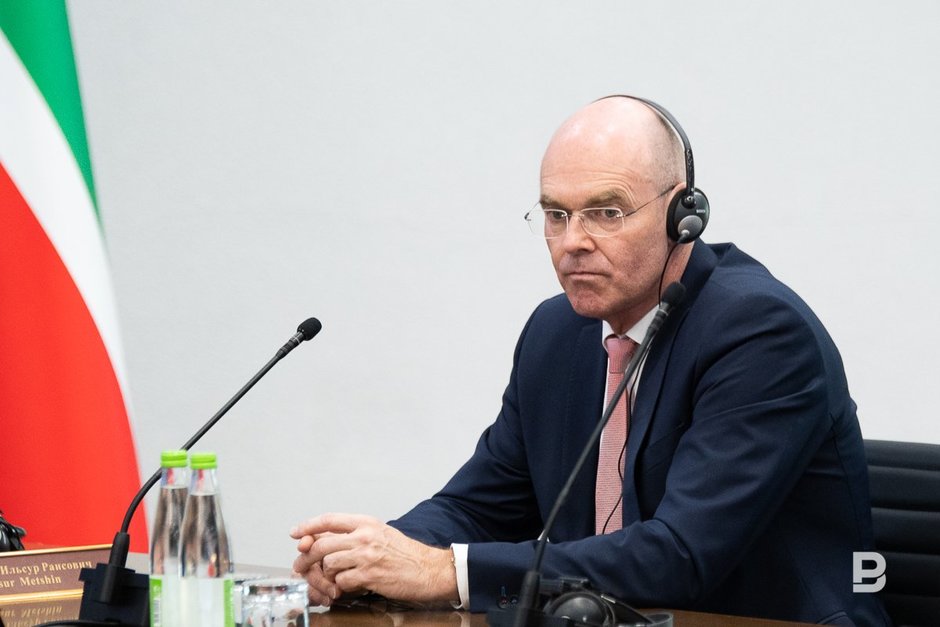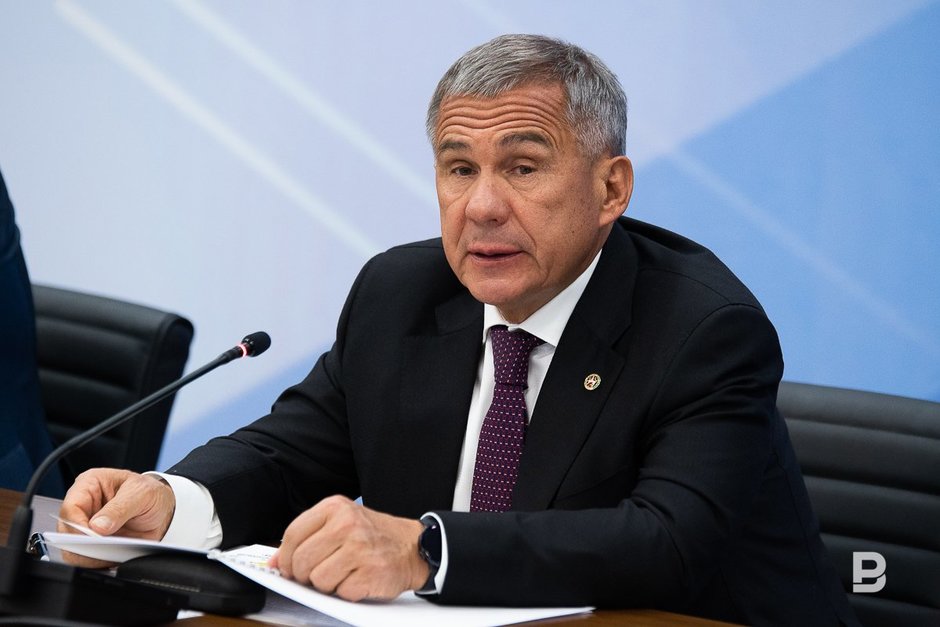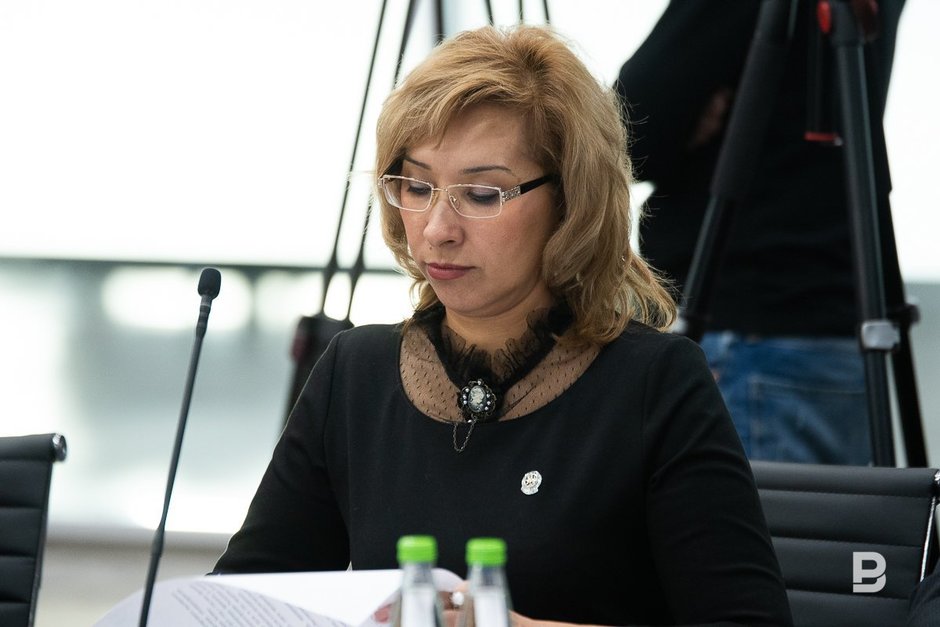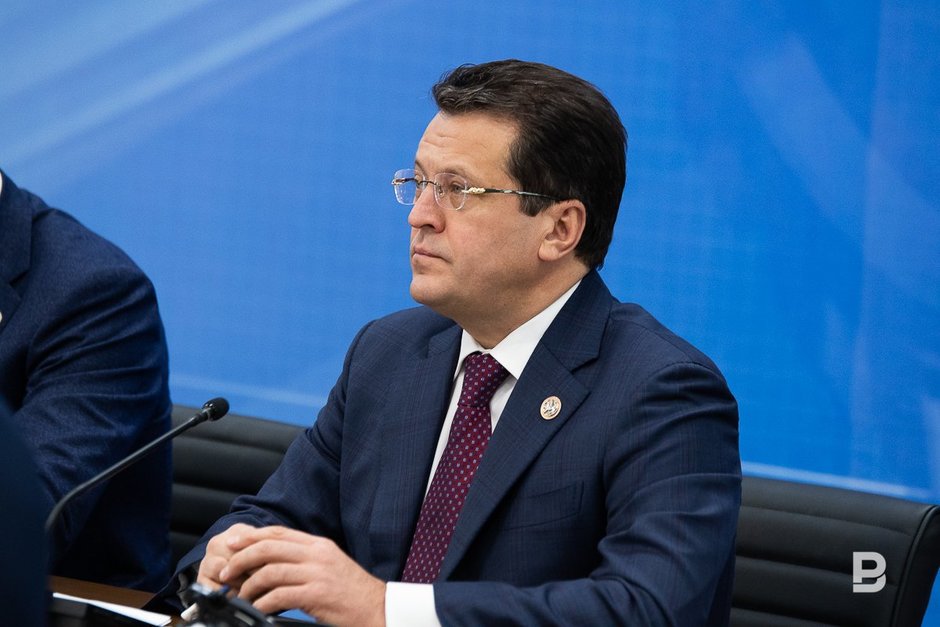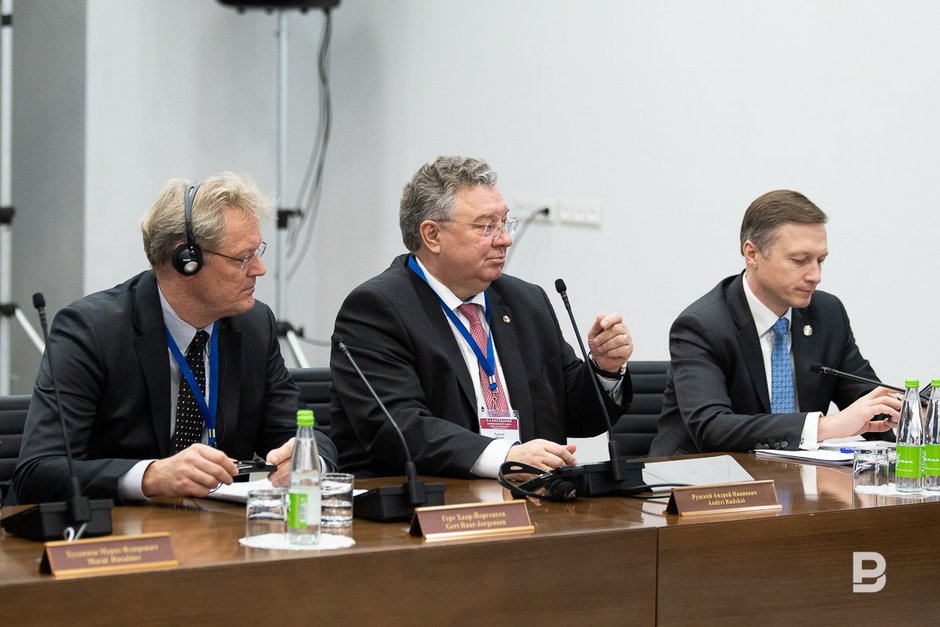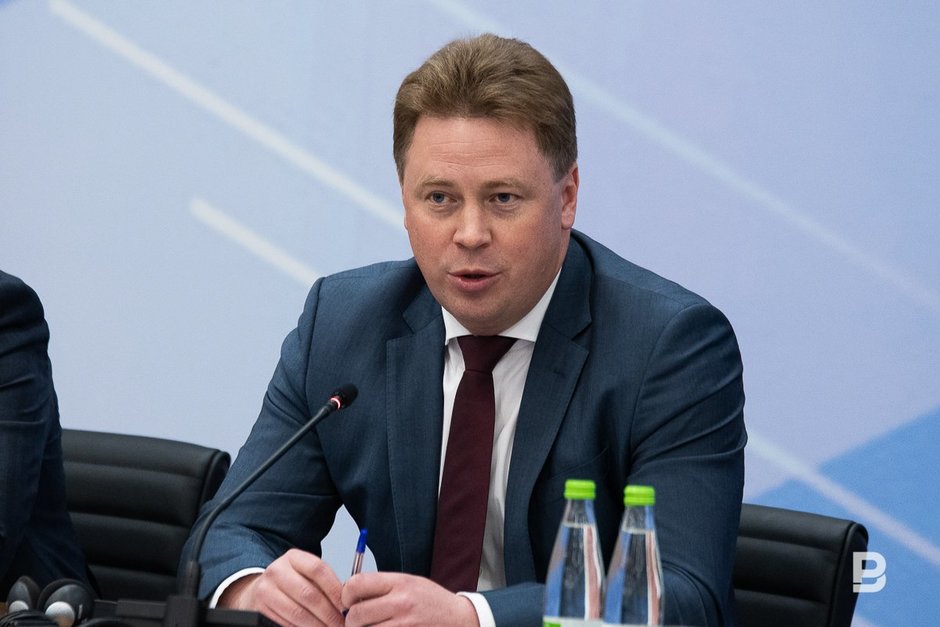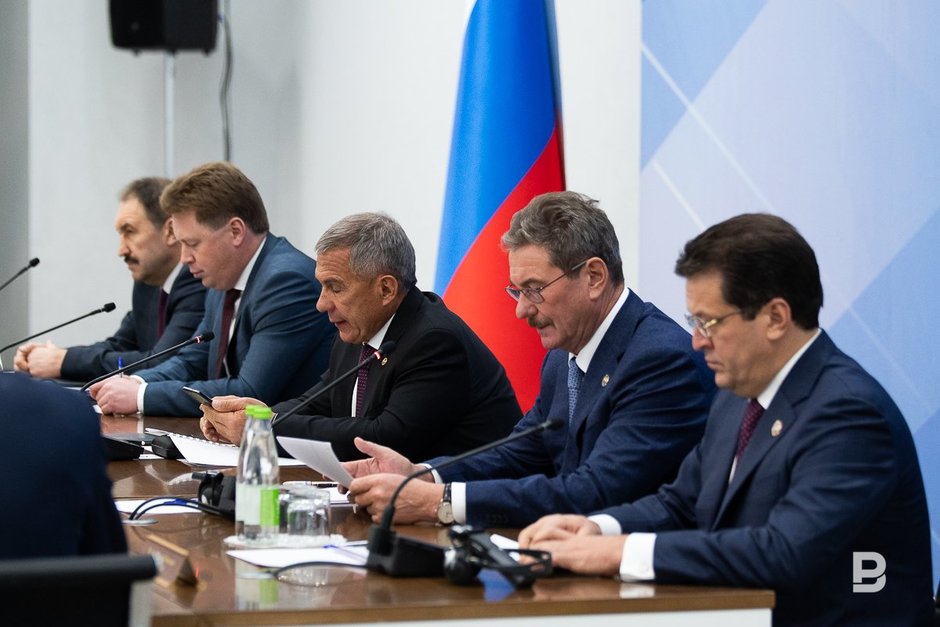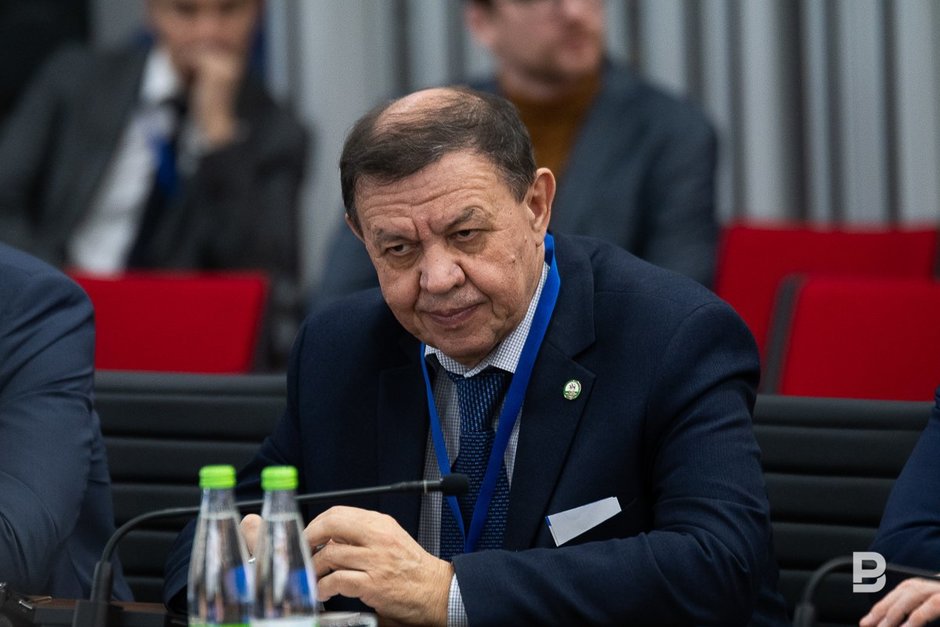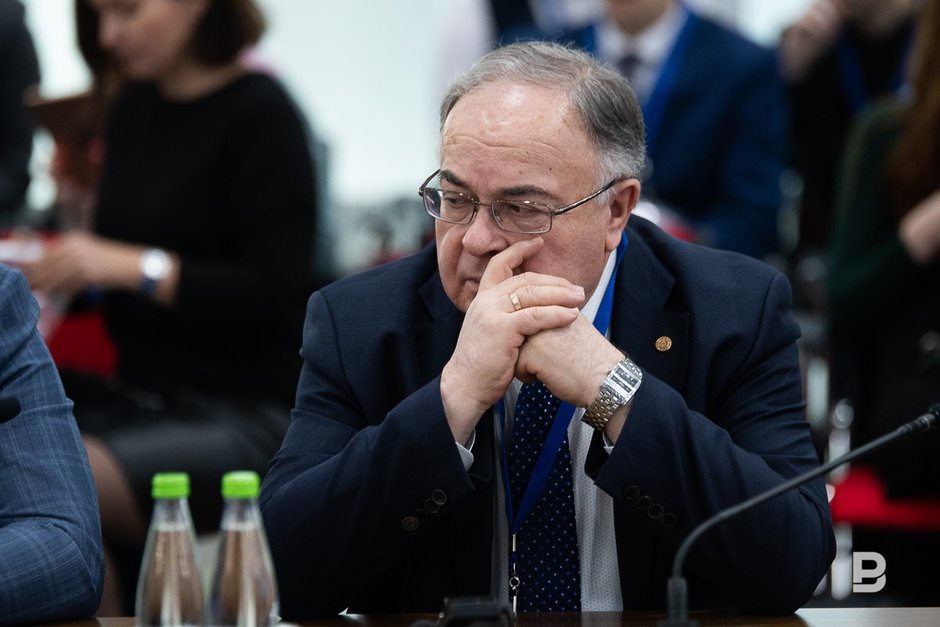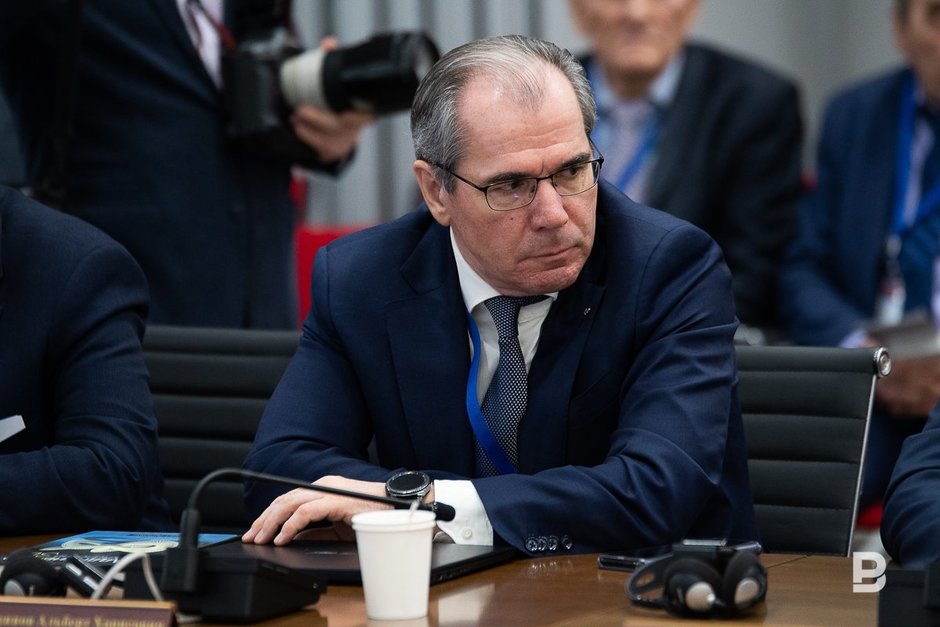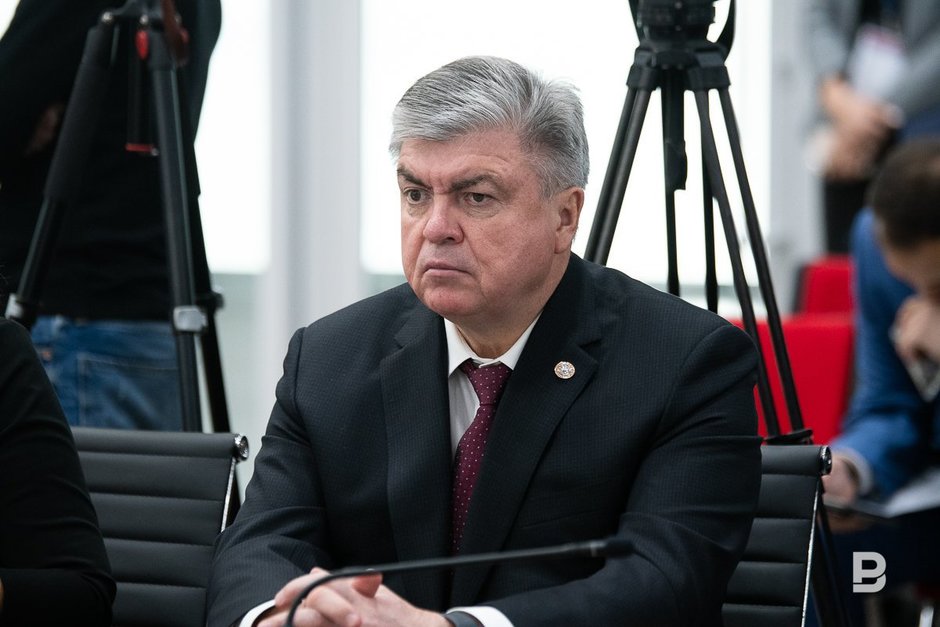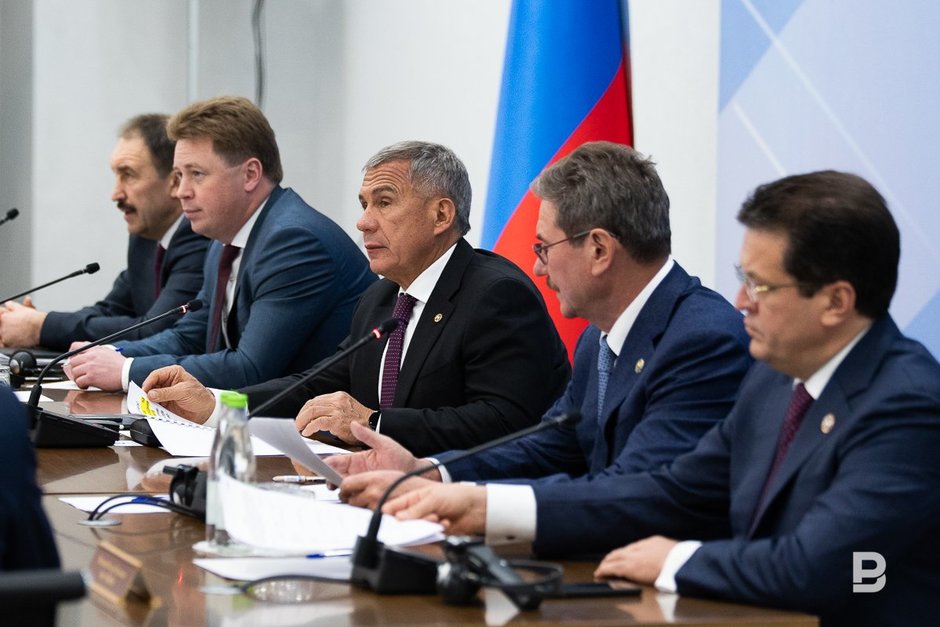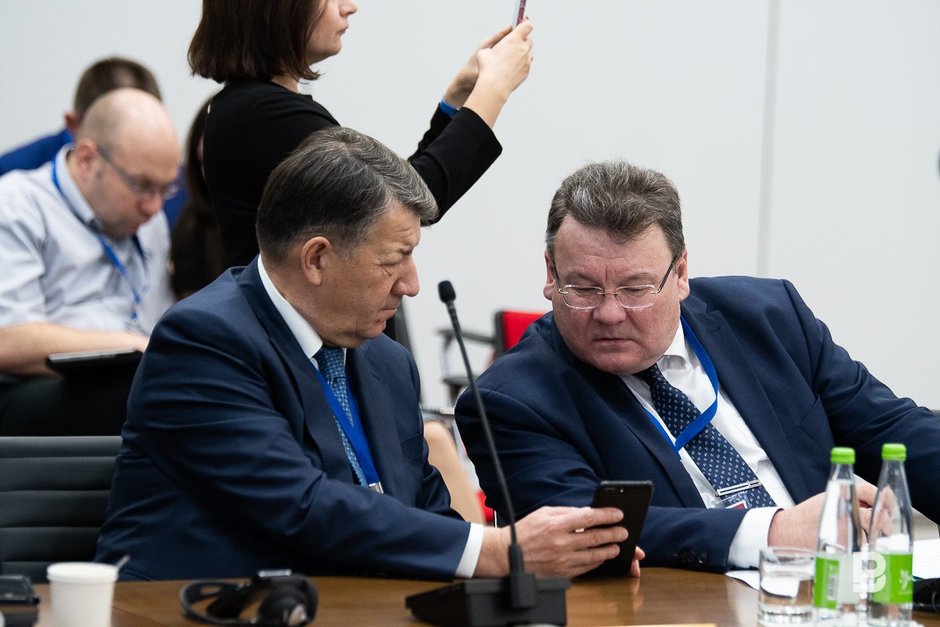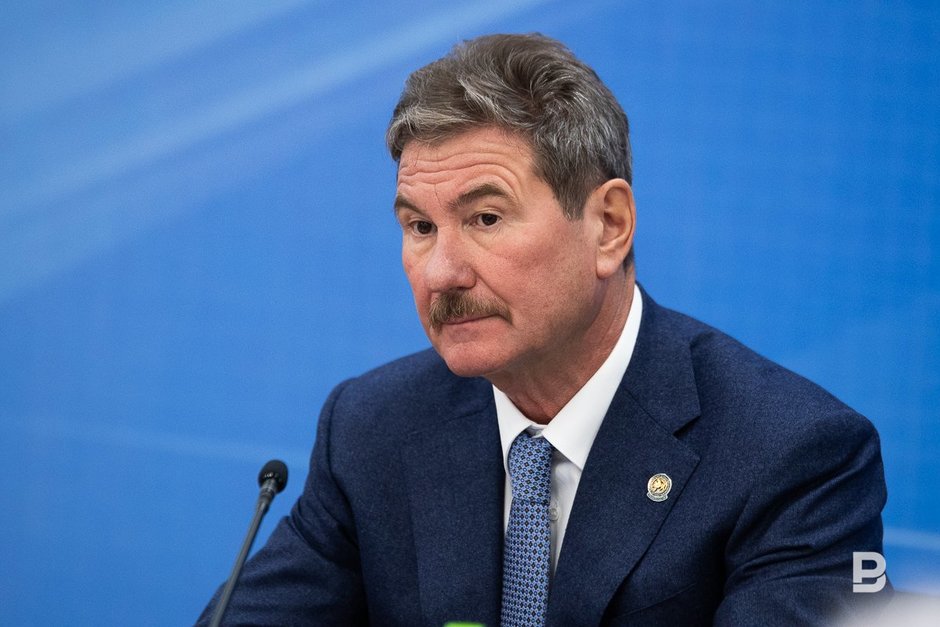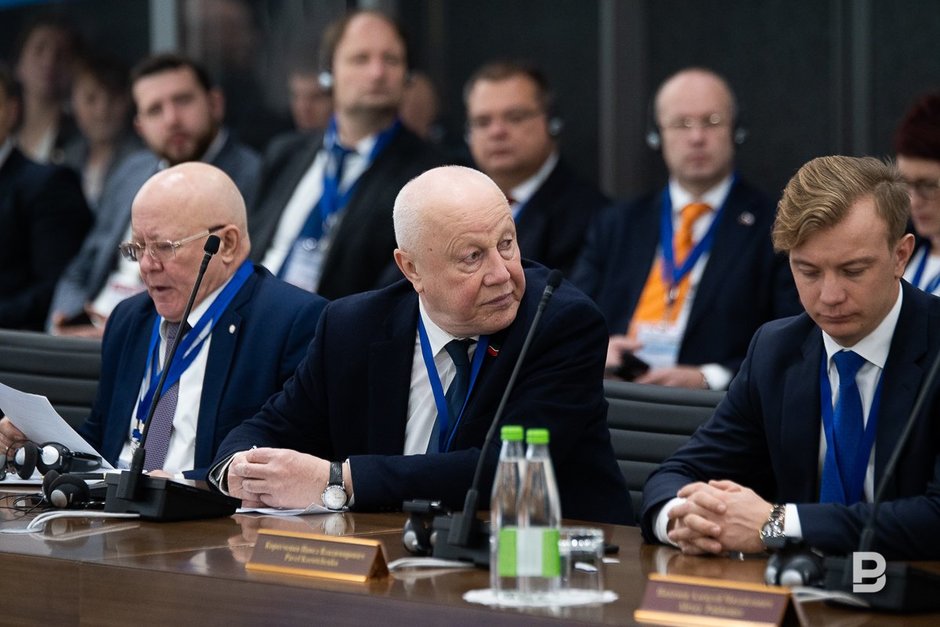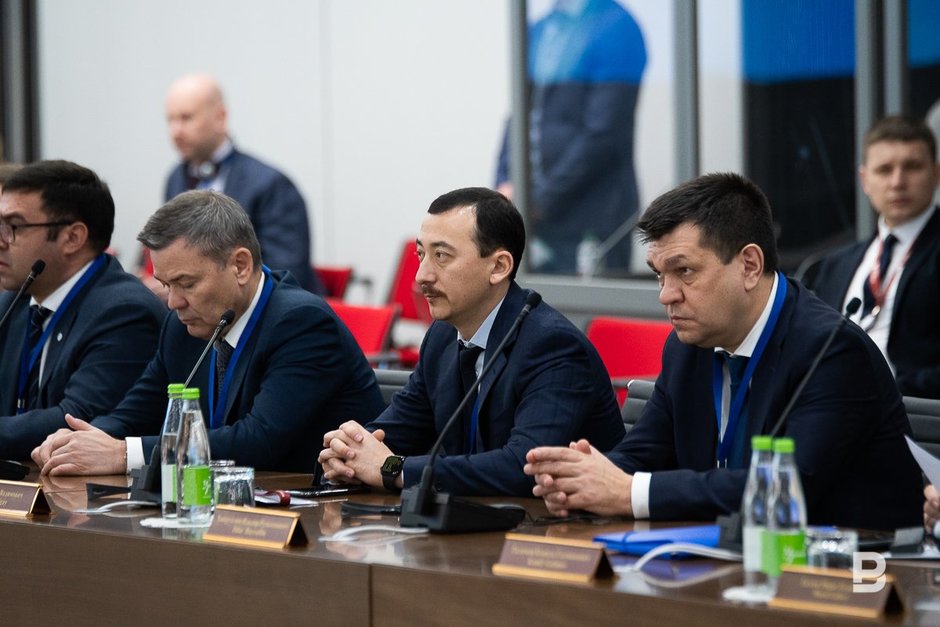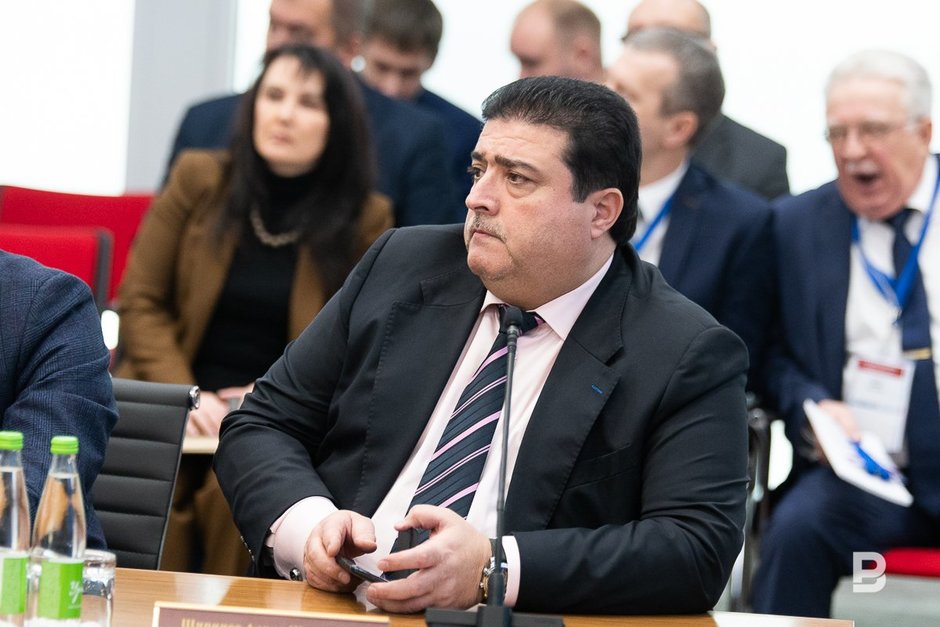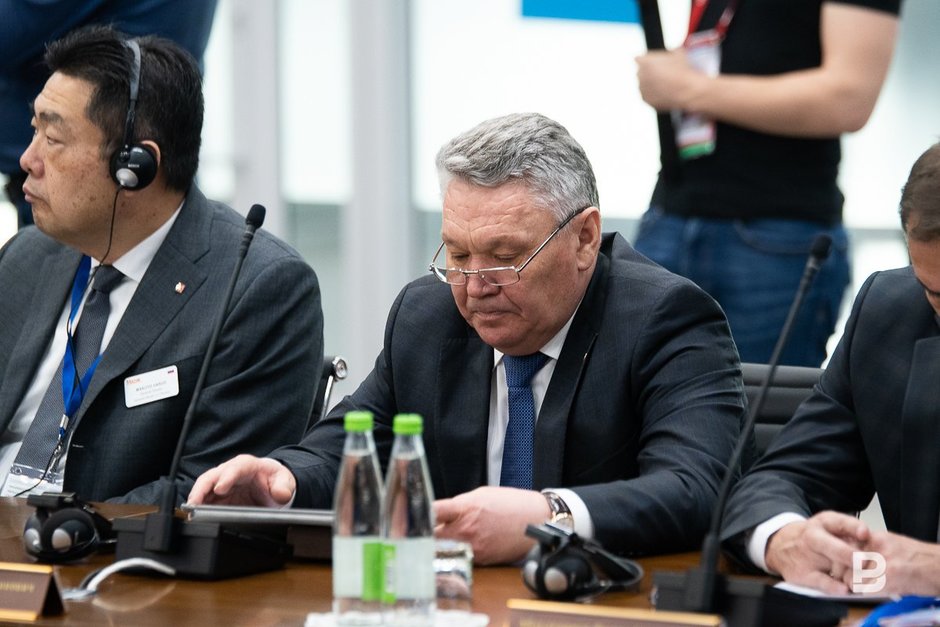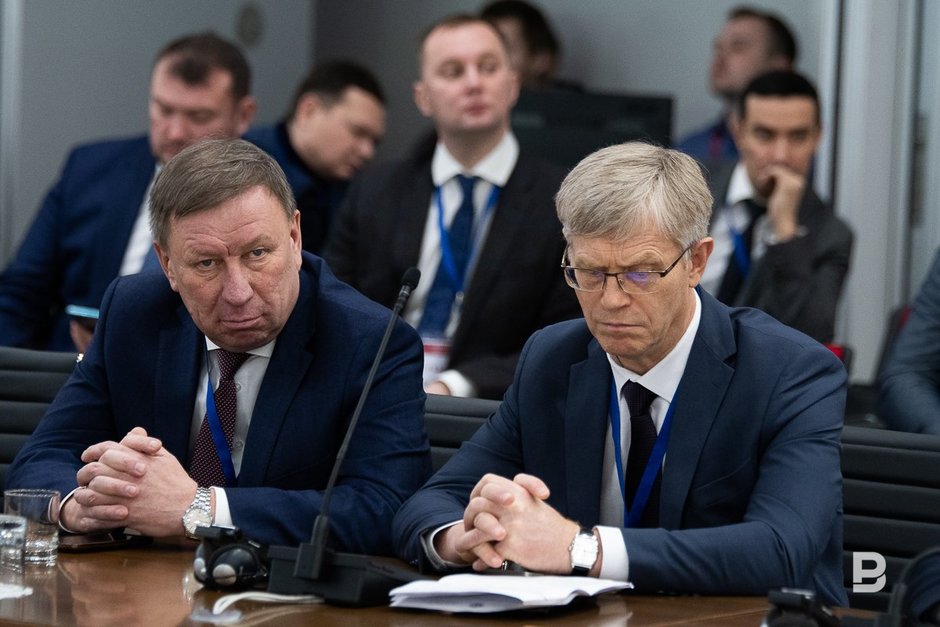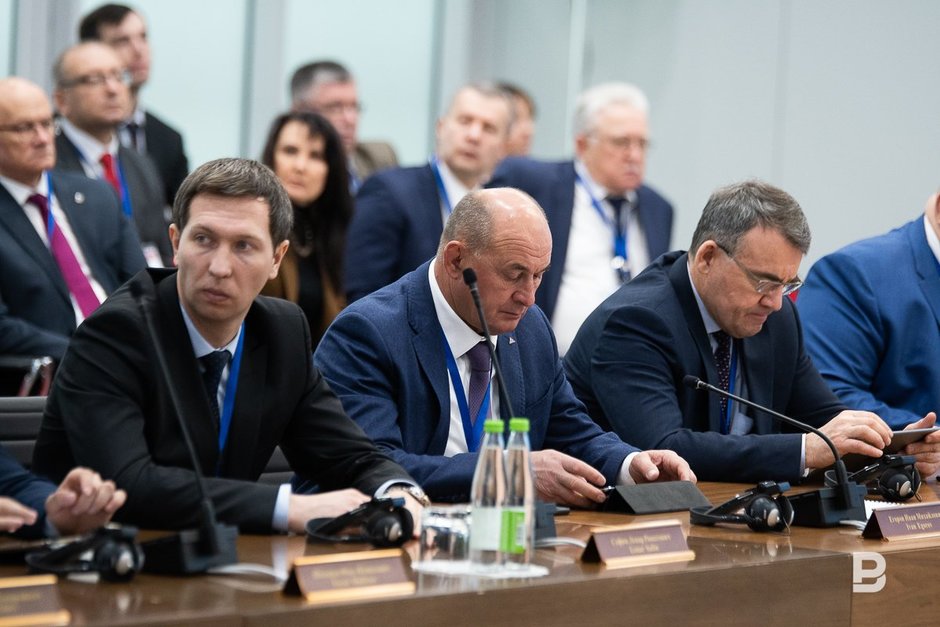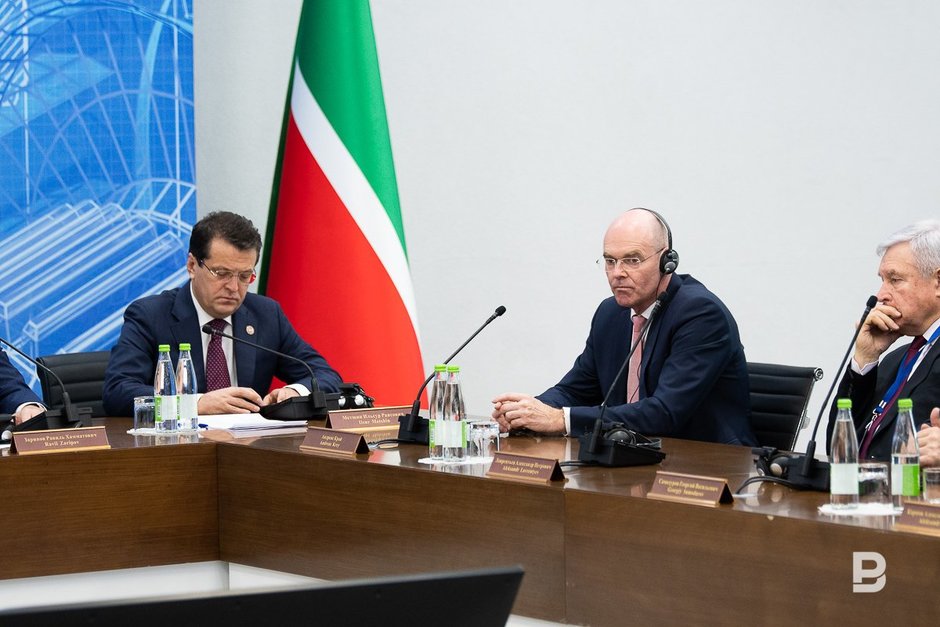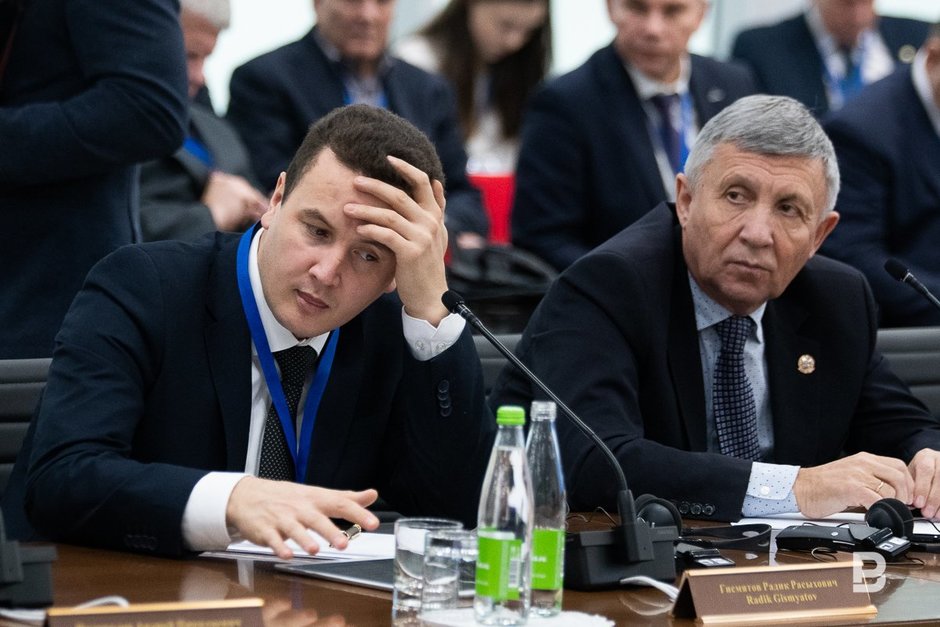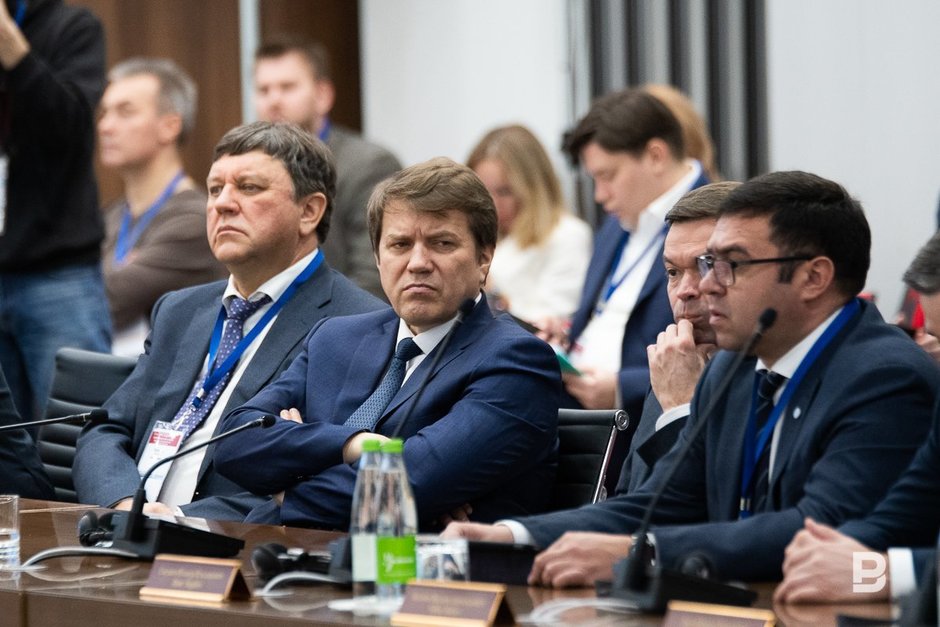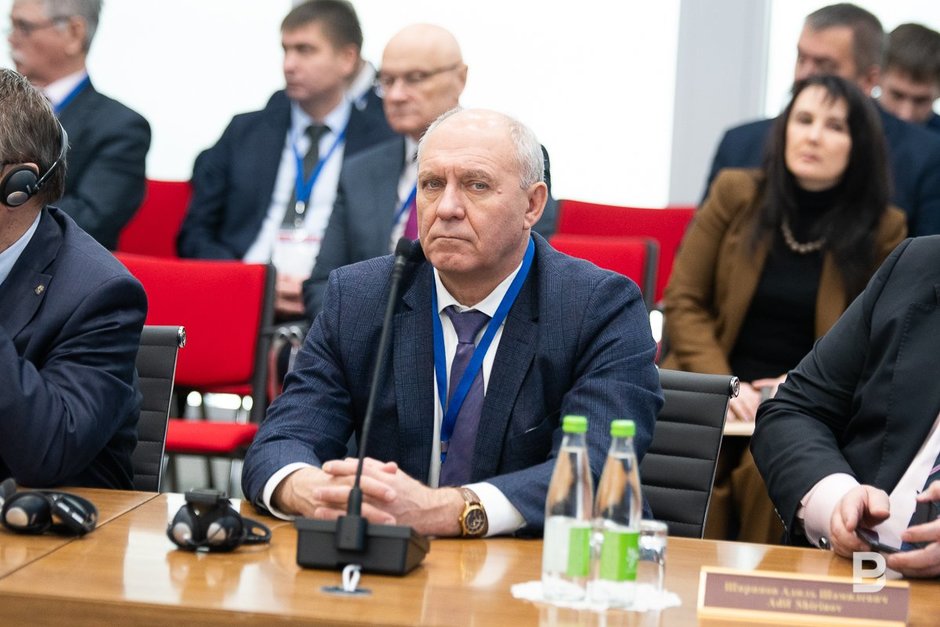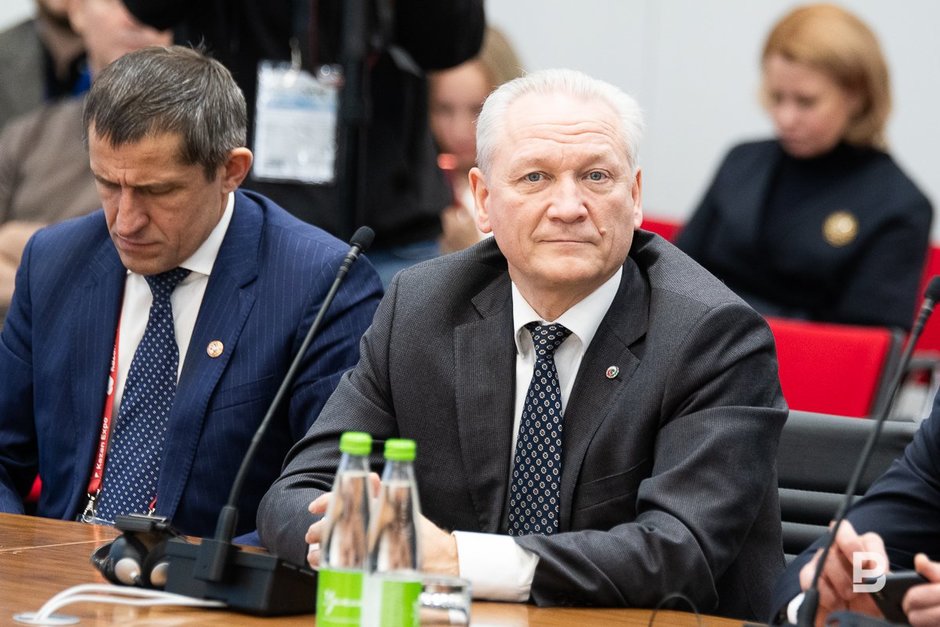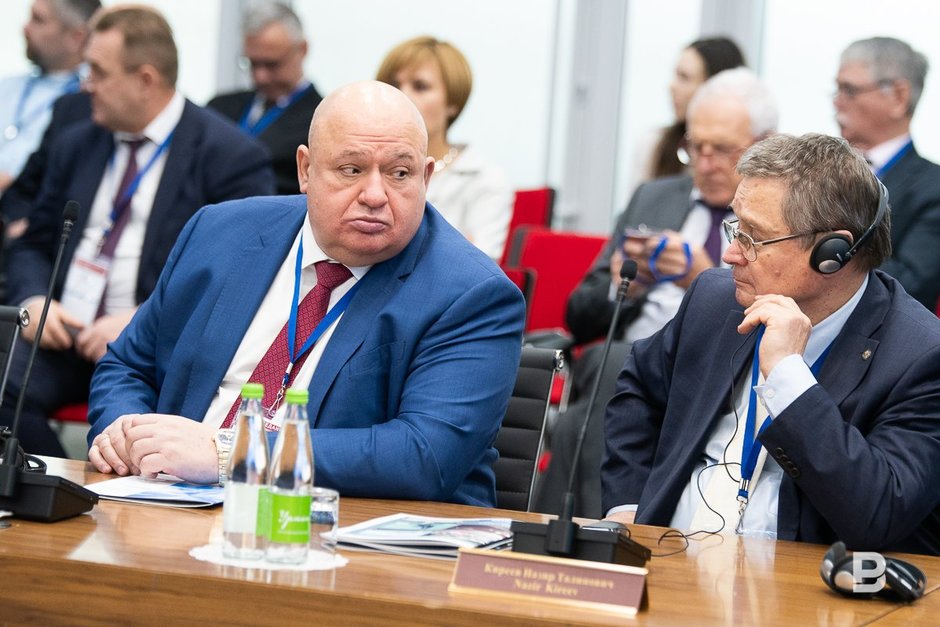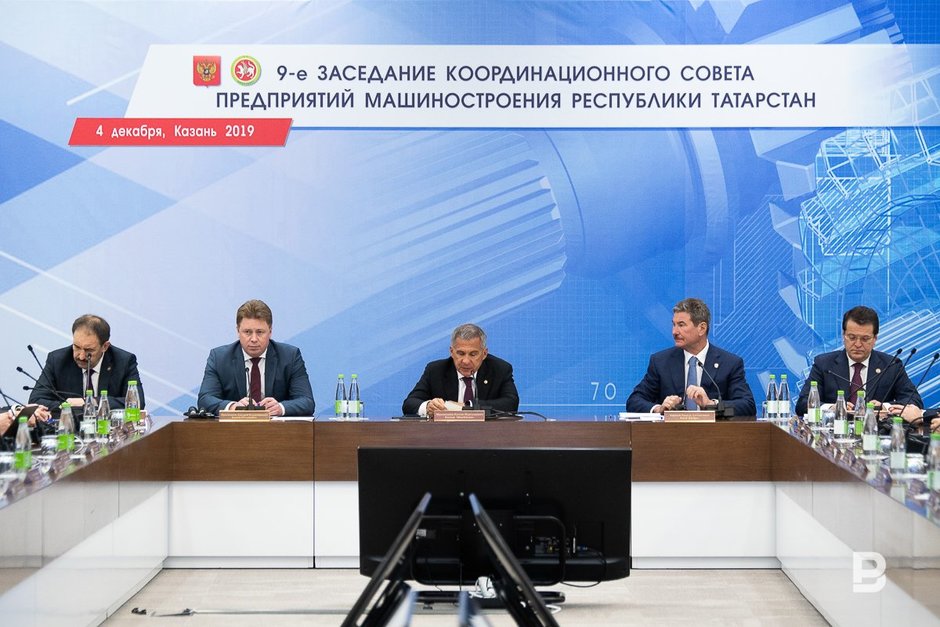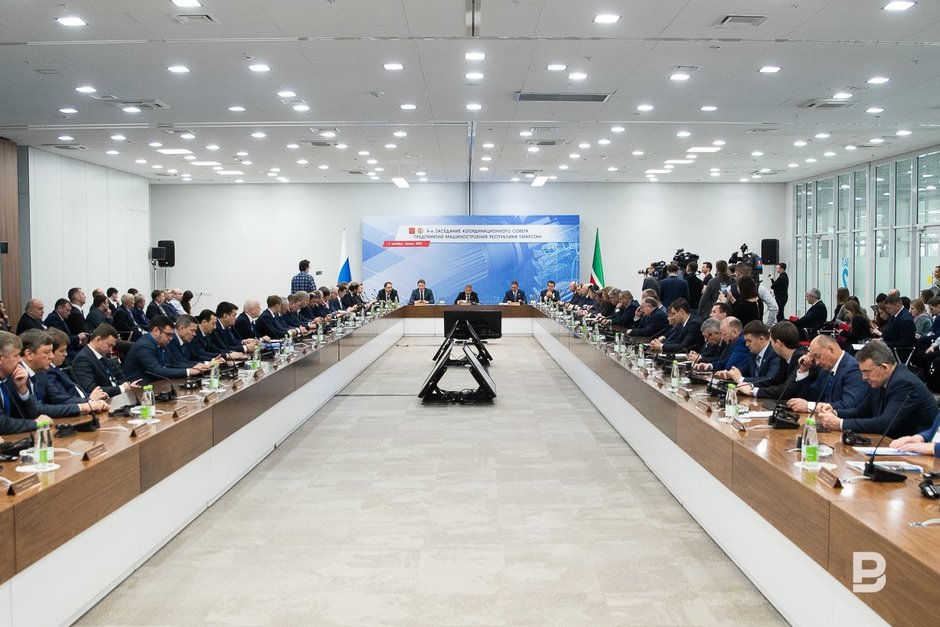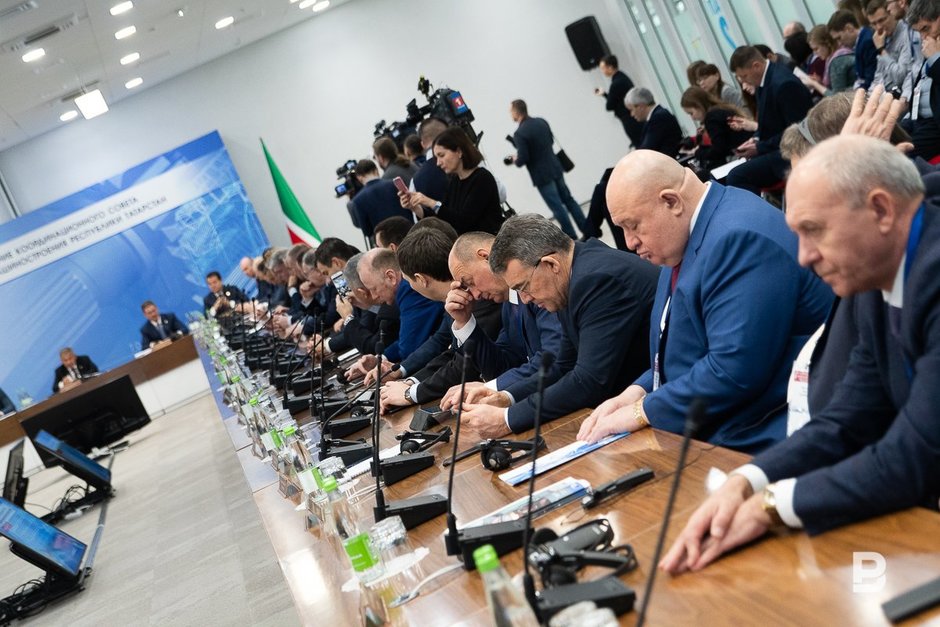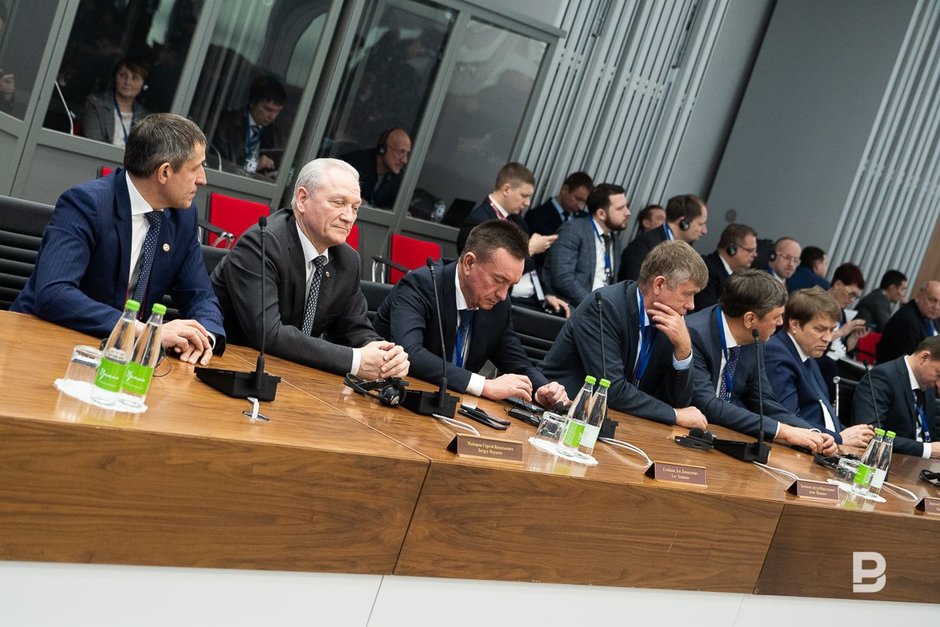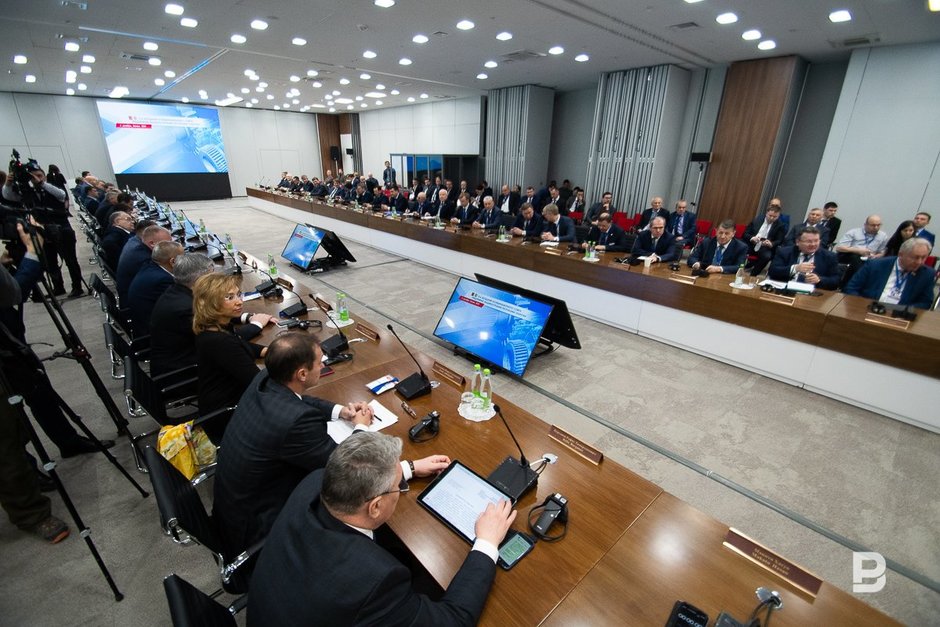Petersburg to implant new ‘brain’ to old machine tools in Tatarstan enterprises
Rustam Minnikhanov gave a task to develop a programme to upgrade the fleet of machine tools in the republic’s enterprises on the basis of Peter the Great St Petersburg Polytechnic University
Labour Productivity and Employment Support national project will have covered 251 large and medium-sized enterprises in Tatarstan by 2024. But this year it already included 70 mechanical engineering companies where productivity growth is to reach 30% compared to the baseline, this was claimed at the 9th session of the Coordination Council of Mechanical Engineering Enterprises of Tatarstan. As Realnoe Vremya found out, all participants of the national programme will be provided with a consultation to introduce lean technology and loans at 1% a year from the Industrial Development Fund. It was decided to upgrade the old fleet of machine tools by re-equipping it with artificial intelligence — President of the republic Rustam Minnikhanov gave such a task and charged with developing a programme to renovate the machine tools together with Peter the Great St Petersburg Polytechnic University.
How to annually boost labour productivity by 5%
Before the beginning of the Coordination Council, President of Tatarstan Rustam Minnikhanov and Vice Minister of Industry and Trade of Russia Dmitry Ovsyannikov evaluated the technology level of Tatarstan enterprises. In the morning, they looked over an exposition of the international exhibition of mechanical engineering, metal processing and welding, and a couple of hours later at the meeting of the council, they discussed the implementation of Labour Productivity and Employment Support national project.
Tatarstan became one of the first 20 regions where Labour Productivity and Employment Support national project had been tested since the beginning of the year. It is designed for six years and sets a goal of covering 351 enterprises of the republic in the economy’s priority sectors that are to reach stable labour productivity growth no lower than 5% a year.
“The task is ambitious, but I am sure it is possible. Mechanical engineering plays an important role in our republic’s economy and includes over 3,000 enterprises, 120,000 people work in our sector,” Rustam Minnikhanov stressed.
Help in introducing lean production technologies and financial support in the form of preferential loans from the Industrial Development Fund are among key supporting tools. A breakthrough in labour productivity will be impossible without such conditions, Minnikhanov claimed: “Otherwise, the role of catching up in the economic race awaits the country”.
In answer, Vice Minister of Industry and Trade of Russia Dmitry Ovsyannikov gave to understand that the republic didn’t run the risk of being the one catching up, on the contrary, its economy constantly went ahead of other regions.
“There is economic growth in the country thanks to 12-14 regions [including Tatarstan]. The growth pace like in the republic is achieved by means of effective cooperation, also in the real sector of the economy,” Ovsyannikov noted and added that the Russian Ministry of Industry and Trade was ready to support promising projects within Labour Productivity and Employment Support national project.
RIAT gets 300m rubles of preferential loan for production growth
Several companies of Growth Vector and Lean Vector provide a consultation to introduce lean technologies in Tatarstan enterprises, head of the centre for introducing skills Marat Akhmerov said at the meeting. According to him, this year lean technologies were introduced at RIAT PJSC and Remdiesel CJSC in Chelny and at Vacuumash PJSC and KVART JSC in Kazan. The speaker talked in detail about how experts from his centre set a pattern of the manufacturing process in the enterprises, without which it is impossible to obtain a certificate — confirmation in the federal skills centre. As a result, each of the test enterprises’ economic effect was tens of millions of rubles, while labour productivity rose manifolds.
For instance, RIAT completely achieved its targets in the lean production system and got the effect equal to 32,6 million rubles. Moreover, it is granted a loan of 300 million rubles at 1% a year from the Industrial Development Fund.
Marat Akhmerov said that the IDF has softened the terms for preferential loans since early December. Now companies that take part in Labour Productivity and Employment Support national project can take out a loan at 1% a year having set a pattern of the manufacturing process and confirmed this fact in the federal or regional skills centre. Earlier, a certificate of the Federal Centre for Skills in Labour Productivity was a compulsory condition to submit an application for a loan confirming that the enterprise had key elements in the production system and a sufficient level of use of inner resources to boost productivity. Now there is a chance of taking out a loan without certificates.
How to reuse old machine tools
Rector of Peter the Great St Petersburg Polytechnic University Andrey Rudskoy fascinated the Tatarstan president with curious experience in renovating the Soviet fleet of machine tools — it is the experience that appeared in cooperation with Baltic Industrial Company and Rosatom GC. The examples of how old metal processing machine tools were put back in use impressed the most in the big presentation of innovative technologies in metal processing that might be useful for Tatarstan enterprises. According to Rudskoy, the university together with Baltic Industrial Company modernised two Italian horizontal boring machines made in 1978, after which their use reached a qualitatively new technology level. This happened due to the introduction of the latest software, which was put into the “brain” of management. The president immediately reacted to the evolutionary idea:
“It is impossible to make anything without machine tools, productivity falls 5-6 times, but why throw them away? Why throw away old machine tools taking them away from the use if they can be added to a new programme and relaunched?”
According to him, it is a promising way of upgrading machinery, which doesn’t require high costs. Rustam Minnikhanov tasked the Tatarstan Ministry of Industry and Trade with developing a special programme to upgrade the Tatarstan fleet of machine tools on the basis of the Petersburg university and addressed Rector of Kazan National Research Technical University Albert Gilmutdinov:
“Mr Gilmutdinov, I haven’t noticed you are glad. If we don’t have strong technical universities, economic digitalisation won’t be possible,” the president concluded.
Later Andrey Rudskoy explained to Realnoe Vremya why the renovation of an obsolete machine tool wasn’t worse than a purchase of new equipment by comparing the procedure with surgery:
“Imagine a situation when either a foot has to be removed or a substitute has to be implanted. When a person’s hip joint is replaced for ceramic, it doesn’t function worse,” he persuaded. “And here we should be talking about a strategic effect, not economic. Why? As it is known, due to the imposition of sanctions, Russian mechanical engineering enterprises can’t purchase foreign high precision machine tools and are in isolation. Though today Mazak (Editor’s Note: the Japanese corporation Yamazaki Mazak is the world’s leading CNC machine tools manufacturer) was presented on the exhibition, it can’t provide us with highly precise machine tools.”
In his opinion, renovation is an optimal solution, which world manufacturers also resort to. “For instance, Thyssen (a German company making powerful hydraulic presses), they travel around the world and purchase their old machine tools for peanuts as scrap. They modernise them and sell for millions of dollars,” Rudskoy noted. He says that big multi-axis boring machine whose operation desk is tens of metres long are subject to renovation. The cost of this equipment now exceeds hundreds of millions of dollars. In case of an upgrade, it is necessary to install new automation programme that will provide the precision of some ready constructions. So enterprises will get up-to-date means of production. “I believe that nowadays it is the most rational technology,” Rudskoy concluded.
